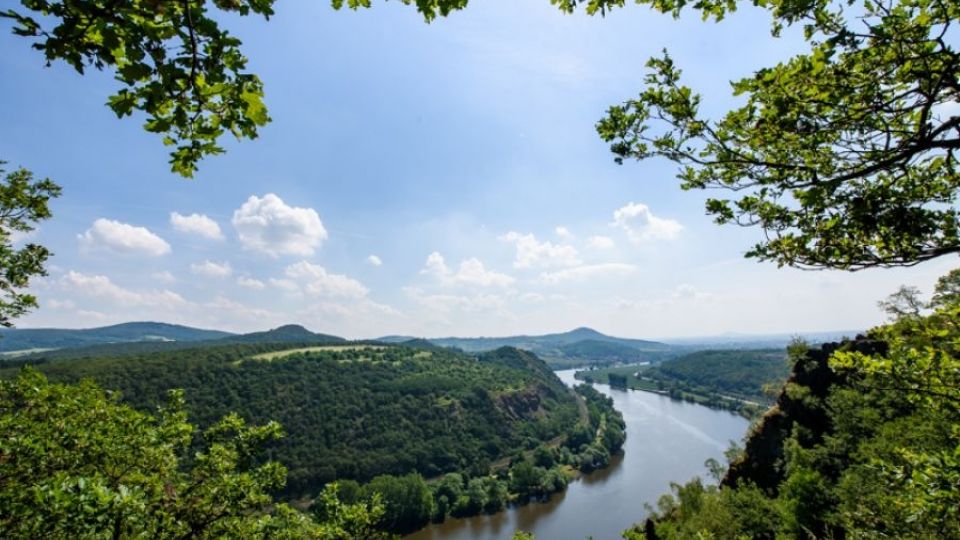An extremely low flow rate, which has completely stopped shipping on both the Czech and German sides, has been trumpeted by the River Elbe for five years now. In spite of the protests of experts, the Czech government proposed to build a weir, which is planned to improve navigability. However, on the German side, they reject the construction of other dykes for ecological and economic reasons; therefore, ships would not be able to get further than Decin. The plan to build the weir, which would destroy the protected natural environment, is a piece of nonsense that would cost several billion crowns. During a boat trip on the Elbe from Decin to Bad Schandau, Czech and German politicians, scientists, and ecologists will be discussing alternatives for the future use of the Elbe.
“The Elbe has had extremely low water levels for several months, not only on the Czech side, but also on the German one. Therefore, shipping is absolutely impossible. Since 2013, the low water level of the river in Germany has paralyzed freight traffic for seven months each year. This clearly proves that reliable freight transport on the Elbe to Hamburg is impractical. However, after the construction of the Weir, ships will not be able to get further than Decin--that is clear. The irresponsible treatment of taxpayers' money and the destruction of our unique river would only lead to ecological and economic disaster,” warns Nikol Krejcova from Arnika.
Iris Brunar from the German ecological association BUND explains: "It is on, and in it, believe that the navigability of the Elbe would be noticeably improved. The German government has spent six hundred million euros on waterways and quays in the last 25 years, all uselessly. Goods are transported by water less and less.
“In the future, low river water levels will be more common. What it is considered to be nowadays will become an everyday reality in the upcoming decades of climate change,” explains Tobias Conradt, a scientist from the Potsdam Institute for Climate Impact Research.
The protected Elbe landscape has been attracting crowds of people for ages. Therefore, tourism would contribute to the economic development of the region. In Saxony alone, the profits from the Elbe trail have increased from 70 million euros in 2003 to one hundred and 60 million euros in 2015. “People want to spend their free time in natural surroundings, natural river landscapes are especially popular,” says Daniel Mourek, coordinator of the Elbe Trail and the EuroVelo European cycling routes in the Czech Republic.
Possible alternative uses of the Elbe will be discussed on Monday during the boat trip from Bad Schandau to Pirates Deputy Dana Balcarova between Daniel Vondrouš from the association of ecological organizations Green Circle, Jana Moravcova from the Beleco Institute, Jiri Skoda, and a local politician from the Green Party, Daniel Mourek, coordinator of the EuroVelo European cycling routes in the Czech Republic, Stephan Kuhn, and the Associate Council for Alliance 90/The Greens, Andre Hahn, and the Associate Council for the Left Ralf Watzig, the leader of the German Social Democratic Party in Saxon Switzerland, and Tobias Conradt of the Potsdam Institute for Climate Impact Research.
Read the statement of the German association BUND - Friends of the Earth Germany about the environmental impact assessment of the weir at Decin. In addition, the German organization BUND - the Czech Republic's leadership of the Czech government and open letter criticizing the realization of strategic impact assessment (SEA) without the obligatory cross-border involvement of German offices and the public.







